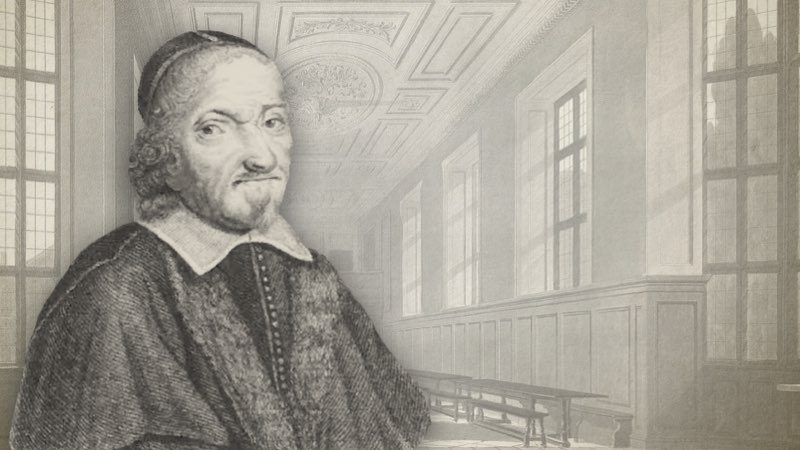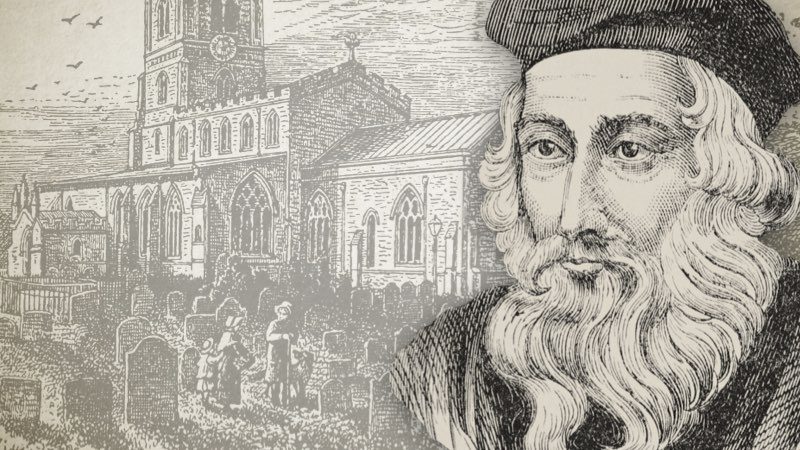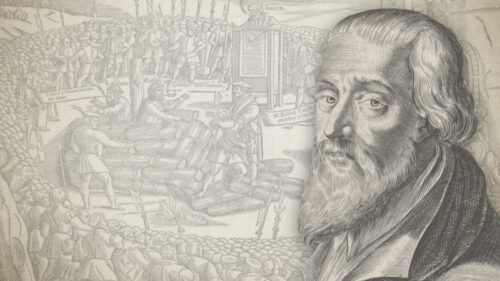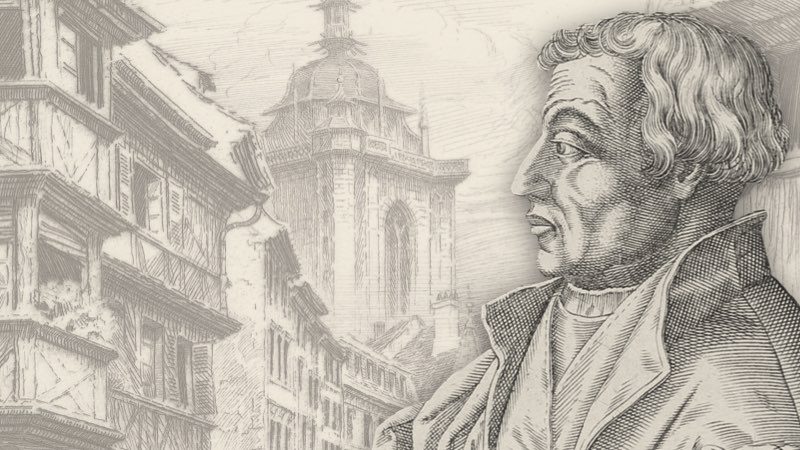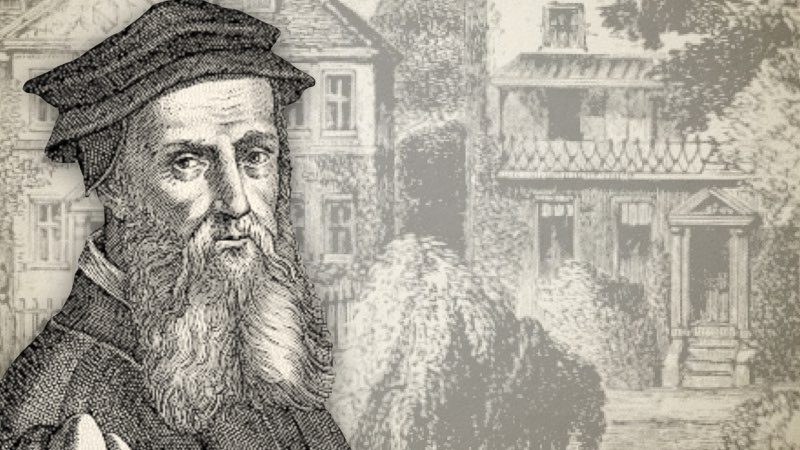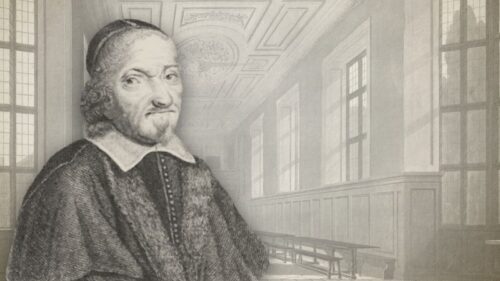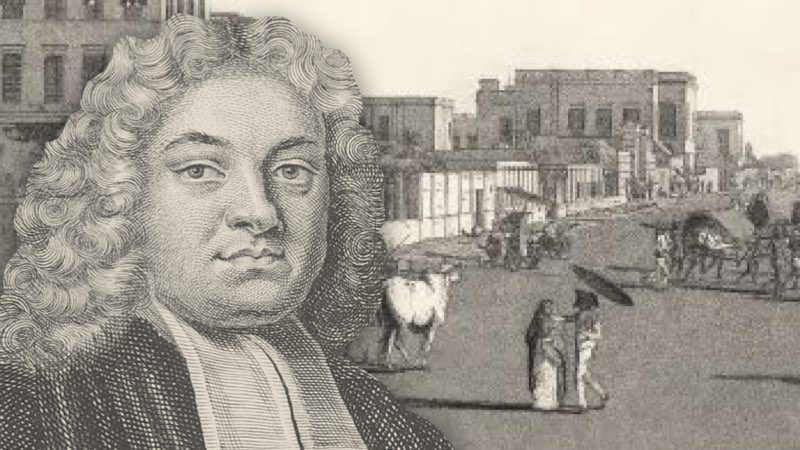-
Miles Coverdale: Superintendent-At-Large Of The Reformation
Miles Coverdale was born in the North Riding village of Coverham in 1487. Little is known of his early biography apart from the fact that he studied philosophy and theology at Cambridge University, gained his doctorate at Tübingen, Germany and was ordained priest at Norwich in 1514. Thereafter, Coverdale became an Augustinian monk, spending some ten years in the service of the Roman Catholic Church. Coverdale got on very well with his superior Robert Barnes, called by John Strype ‘the great restorer of good learning’, who was later to experience a martyr’s death under Henry for his reforming theology. Coverdale and Barnes found access to the doctrines of grace through Augustine’s works which pointed them to the Bible. Both men then gathered together students and…
-
The Great Ejection (1643-1660)
Having spent most of my life in Free church circles, I learnt very early of the severe persecutions meted out in England during the 17th century to Dissenters, Non-Conformists and Non-Jurors who wished to preach, teach and witness in Anglican parishes. Two books which became of special influence in forming my judgement, the first many years ago and the second in more recent years, were Thomas Coleman’s The Two Thousand Confessors of Sixteen Hundred and Sixty-Two and Edmund Calamy’s The Nonconformist’s Memorial, a three-volumed work on the same period. I still treasure these works which served under God to cause me to abhor any form of religious, political and social persecution. As a result of reading such books as the above, however, I came to…
-
The Life And Ministry Of John Wycliffe
John Wycliffe is rightly called the Morning Star of the Reformation. In God’s Providence, he was the man who inherited the apostolic gospel of salvation in Christ as described in the doctrines of grace. He was elected by God to build on the work of Englishmen such as Greathead and Bradwardine and pass it on to Continental men of God such as John Hus, Jerome of Prague and Martin Luther. Besides this, he laid the exegetical and spiritual foundation for the British Reformation. Indeed, one can say that, in God’s good plan for the sixteenth century Reformation of the Church, all roads lead to the life and works of John Wycliffe. As Wycliffe was more thorough-going than many of his reforming successors, it will benefit…
-
The Life And Ministry Of Martin Bucer
One of the most important Reformation figures was undoubtedly Martin Bucer who was born in Alsatia in 1491 and died at Cambridge in 1551. His status as Reforming leader is emphasised by the way he was treated after his death. When Mary the Bloody came to power in 1553, she imported a band of Italian thugs under their captain Cardinal Pole to symbolise her own triumph over the Reformation. Pole and his henchmen were given the task of holding a mock heresy trial over Bucer’s grave and then pronouncing him guilty. After going through this shameful sham, they dug up the saint’s remains, tied them to a stake, and piled Bucer’s books around his bones. Then they set the morbid scene on fire. Mary, in…
-
John Bale: A Rough And Ready Reformer Against Polished Papacy
We expect great things of those born with silver spoons in their mouths and encouraged from infancy to climb every social, political and cultural ladder. Those born in great poverty and brought up by public institutions rather than in a cosy family background often give cause for concern regarding their future. Yet, in the year 1495, one of the greatest Reformers ever was born into a very large family of poverty-stricken parents and ragged children in the tiny village of Cove in Suffolk. Indeed, John Bale’s parents, Henry and Margaret could not afford any kind of education for their son and he spent his childhood as a farmhand until his parents, despairing of giving John a livelihood, took him to the Carmelite convent at Norwich…
-
The Life And Ministry Of Bartholomäus Ziegenbalg
One often reads in popular works and even in doctoral theses that Englishman William Carey founded the first Protestant Mission in the non-English speaking world on behalf of the Particular Baptist Missionary Society. Actually, the Baptists were rather late in discovering the world-wide mission field as Lutherans, Church of England and Independent missionary enterprises beat the Baptists by over a century. Great as Carey’s work was, it was built on the pioneering work of Christians of other denominations, in particular that of Bartholomäus Ziegenbalg who was called to India almost a century before Carey. The missionary work Carey undertook in Danish held territory reflected and built on Ziegenbalg’s endeavours and successes which were carried on by Ziegenbalg’s son in Serampore long after Ziegenbalg’s death. Indeed,…

